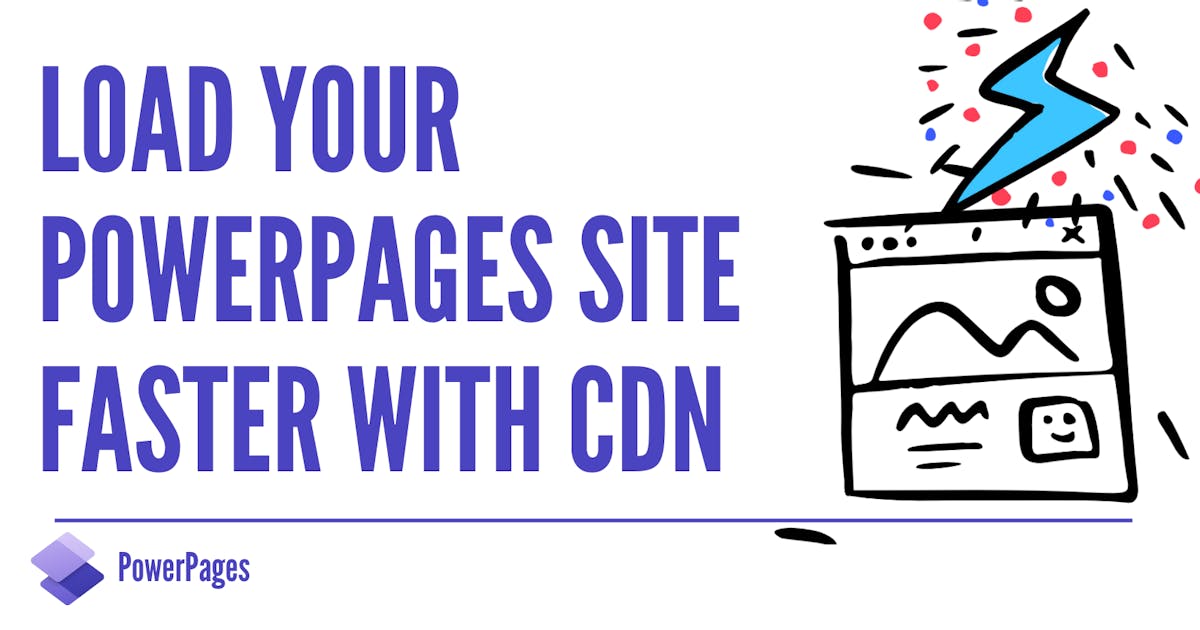Improve site speed in PowerPages

What is CDN?
In short, Content Delivery Network (CDN) caches your public assets of your site in distributed servers, so if you have a website that is hosted in a server located in the US for example and you're living in Japan, the website static files will be loaded from the closest server to you and not from the server directy.
Refer here to Microsoft Documentation about enabling CDN to your PowerPages site
Watch the below video for detailed information about CDN
Is it worth it for our site?
The more cache-able files your site has the more the effect will be
If the content of your site is mostly dynamic based on Dataverse user permissions, profile and related records, then I would say the effect will be tiny because not much is cached in CDN.
If you have a lot of static assets and static pages, then the effect will be higher as more files are cached.
Only files that are part of a webpage that can be accessed by anonymous users are stored on Content Delivery Network servers; authenticated files are always delivered from the application server.
Check privacy notes here
How to enable it
Note: you can only enable CDN for your Production PowerPages website
Navigate here to enablement steps
Can I control which files to be cached?
Yes! you can configure which file extensions you want to cache to CDN
Explained here
Overall
CDN has many benefits, and it would be beneficial for your site.
This feature can be disabled by the administrator any time!
Published on:
Learn moreRelated posts
Convert CSV files to JSON in Power Automate
How do you convert CSV files to JSON? When you have data in CSV format and you want to use this within Power Automate, there used to be a lot...
3 reasons to use the new designer in Power Automate
Hardly ever, I've seen a software change take so long for people to accept. How long will it be before developers just get on with as the new ...
Power Automate – View property value expanded inline in the new cloud flow designer
We are announcing the ability to view property value expanded inline in the new cloud flow designer in Power Automate. This feature will reach...
Substring vs Slice in Power Automate
Power Automate has quite a few string functions that can help you sort out textual issue. Two of these functions are Substring and Slice. Do y...
Power Automate – Debug easily into condition actions at runtime
We are announcing the ability to debug condition actions by displaying values passed into the dynamic content and expressions at runtime in Po...
Run a generative action in Power Automate
Recently the Run a generative action was added to Power Automate. To make this action work is not as easy as you might hope.
Send community news by email using Power Automate
Yesterday on Reddit I was asked about how to collect and send community news articles from websites using Power Automate so that news letters ...
4 ways to filter data in Power Automate
Yesterday, I looked at how to filter data when making an API call using the HTTP action and noticed that filtering data isn't always straight ...
Segments in Customer Insights - Journeys: Bulk delete with Power Automate
Currently its not possible to delete segments more than one at a time from the view in Dynamics 365 Customer Insights - Journeys. Why? I don’...